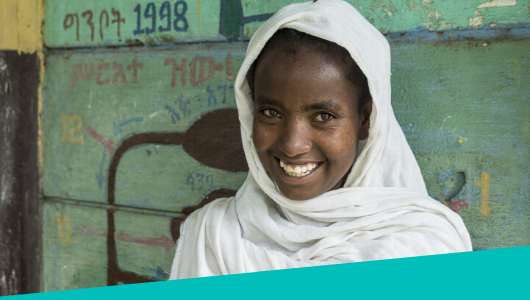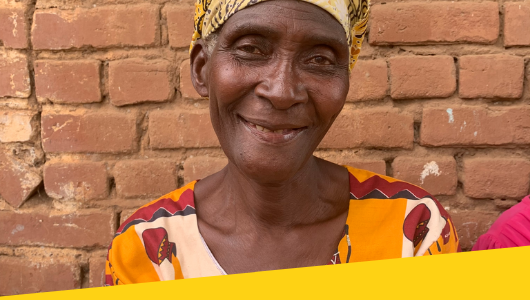Rebecka is a farmer and mother of five from Boti in Ghana. Rebecka has become an entrepreneur thanks to her partnership with The Hunger Project.
Rebecka participated in the microfinance program implemented in her community by The Hunger Project. Thanks to this program, she was able to take out four different microfinance loans.
With the money from the first loan of 100 cedis (the local currency equivalent to about AUD$22), she took it and invested it in her agriculture farming business. She made a small profit and repaid the loan back quickly.
For her other microfinance loans, she was able to buy a motorcycle which she now leases to people in her community. Motorcycles are useful for transport in rural communities and leasing them out allows her to pay off the loans and make some money on the side.
“It’s a big encouragement for me to have my own business. I feel proud to be self-employed and not work for somebody else,” Rebecka said.
Thanks to the money she’s now earning from her business she can afford to send her children to school. Rebecka has lifted her family out of hunger and with her children attending school they too are keeping themselves out of the cycle of hunger. Her husband has even decided to take part in some of The Hunger Project’s training programs, but she asserts that she is financially independent.
“My husband helps me with my business, but I take care of the money. My money is my money.
“I like to be employed by myself, I’m proud of my company,” she said.
Rebecka has bigger dreams and a wider vision for her business. She would like to expand her business in the future to a bigger farm, reaching more communities and she wants to partner with The Hunger Project as she does it.
“When I have paid off the latest loan, I want to take out another microfinance loan, with the lessons I learnt from The Hunger Project, so I can buy more pots.”
“My plans now are to expand the business so that I can move from the family farm and build my own house with my husband and our children,” she said.
Inspired by Rebecka’s story? Partner with us today and empower more women like Rebecka so they too can start their own businesses and lift themselves and their families out of hunger.

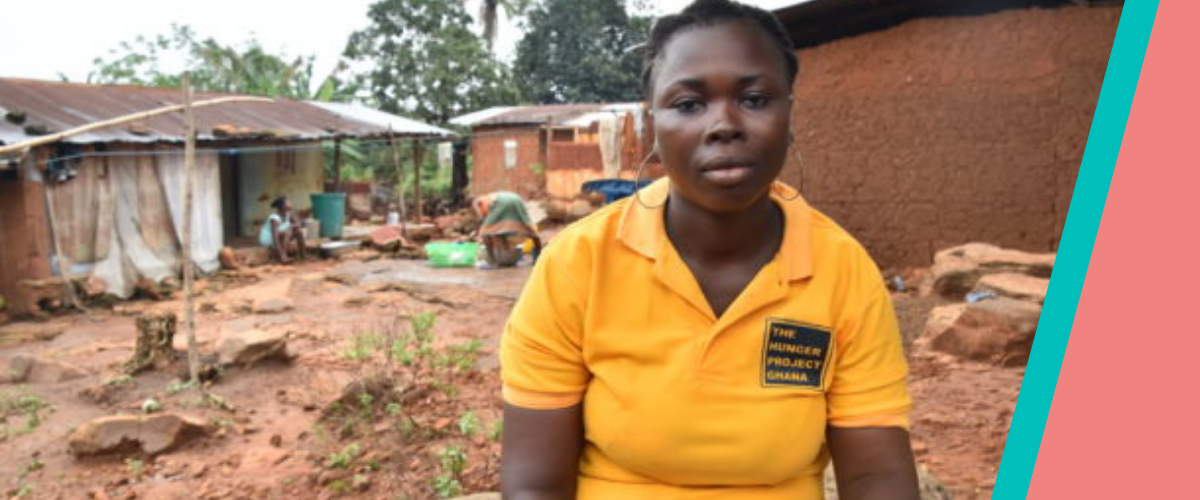
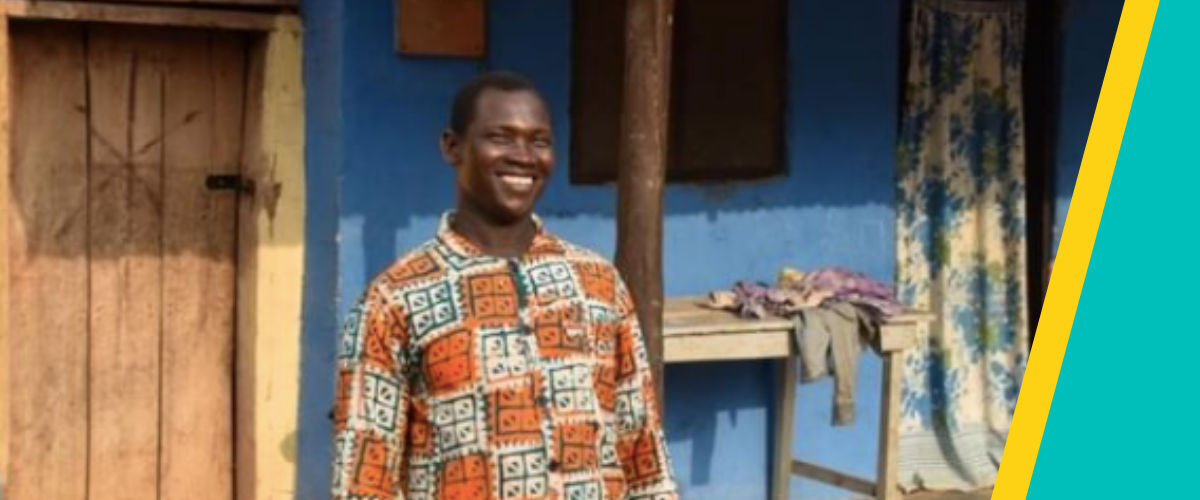
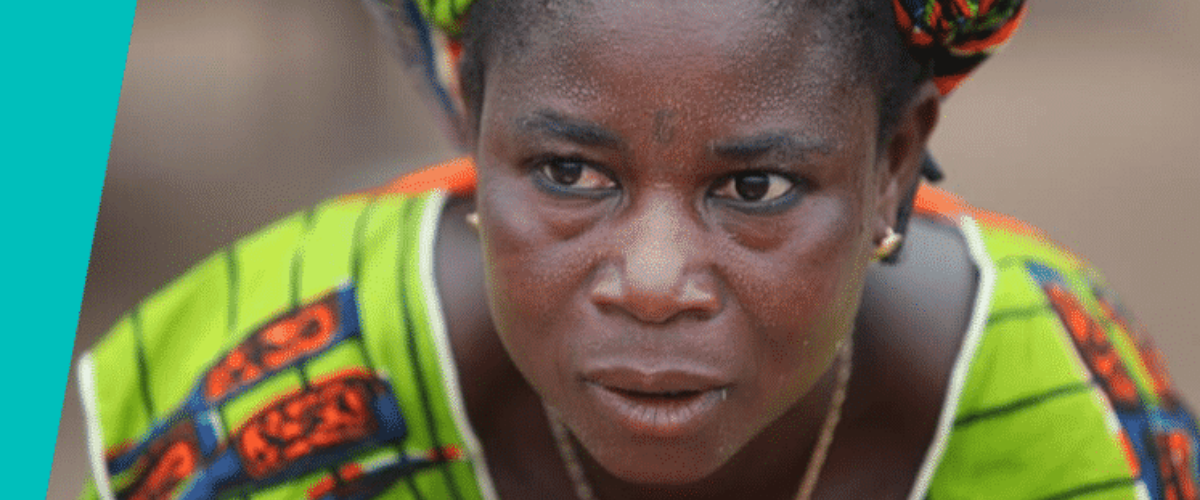
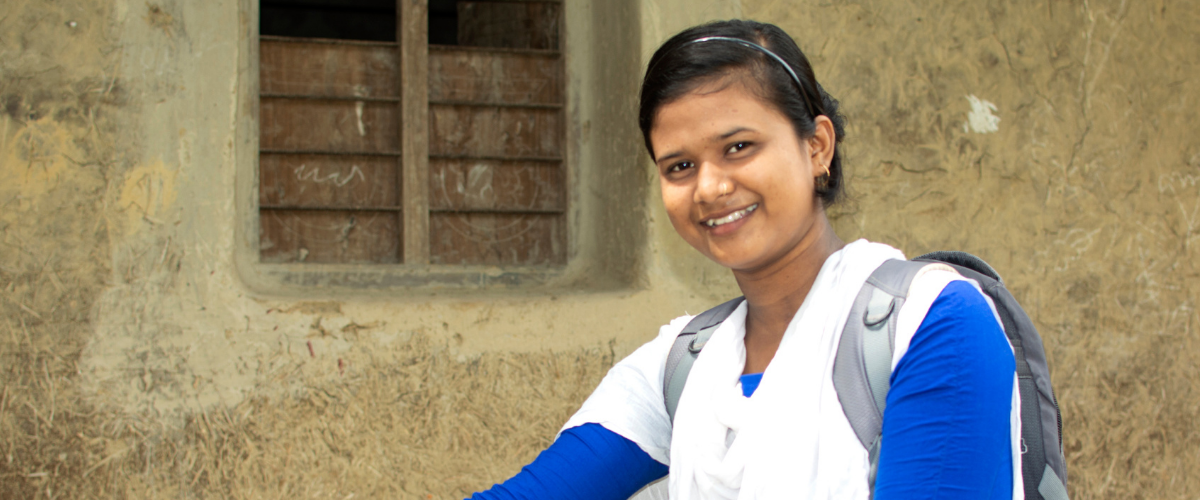
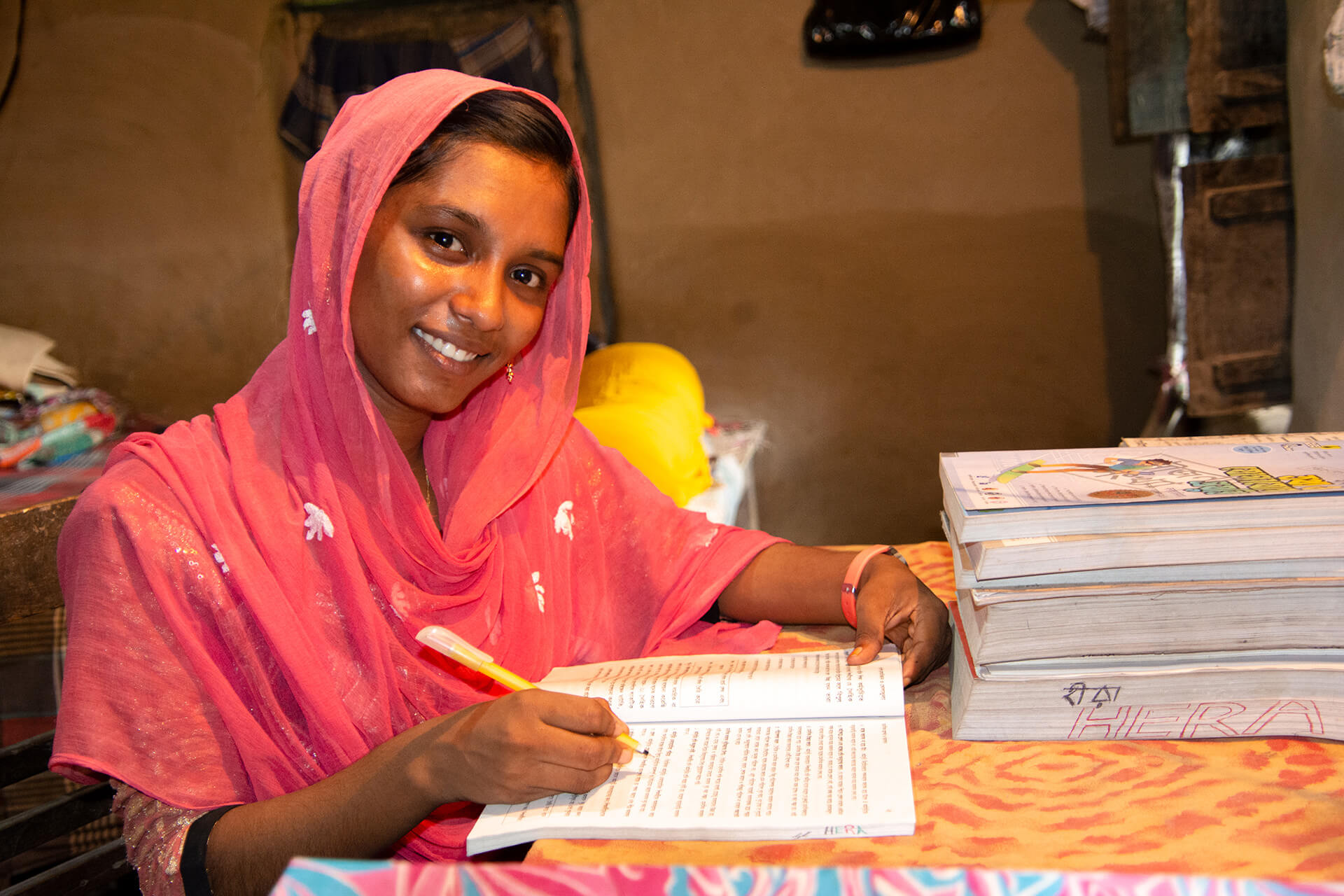
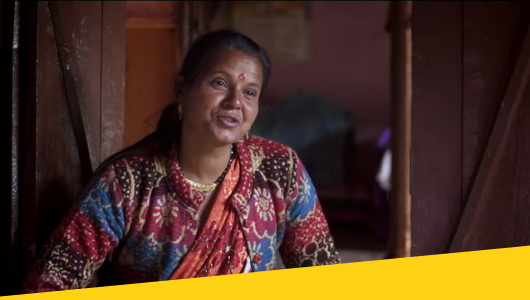
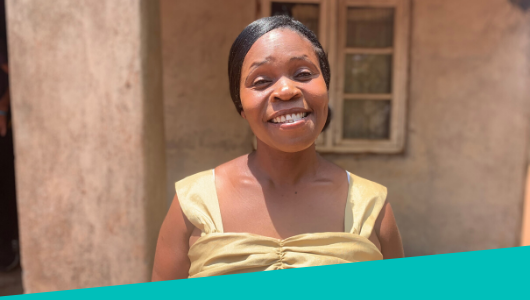
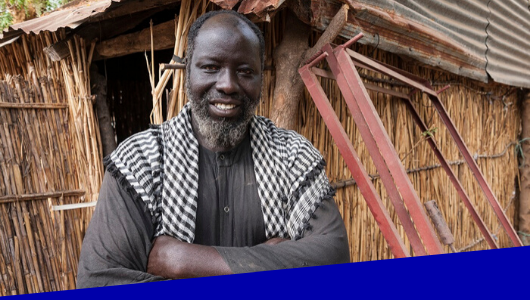
 In his house, Cheikh has six barrels of millet — a few in the storehouse and a few in the bedroom.
In his house, Cheikh has six barrels of millet — a few in the storehouse and a few in the bedroom.